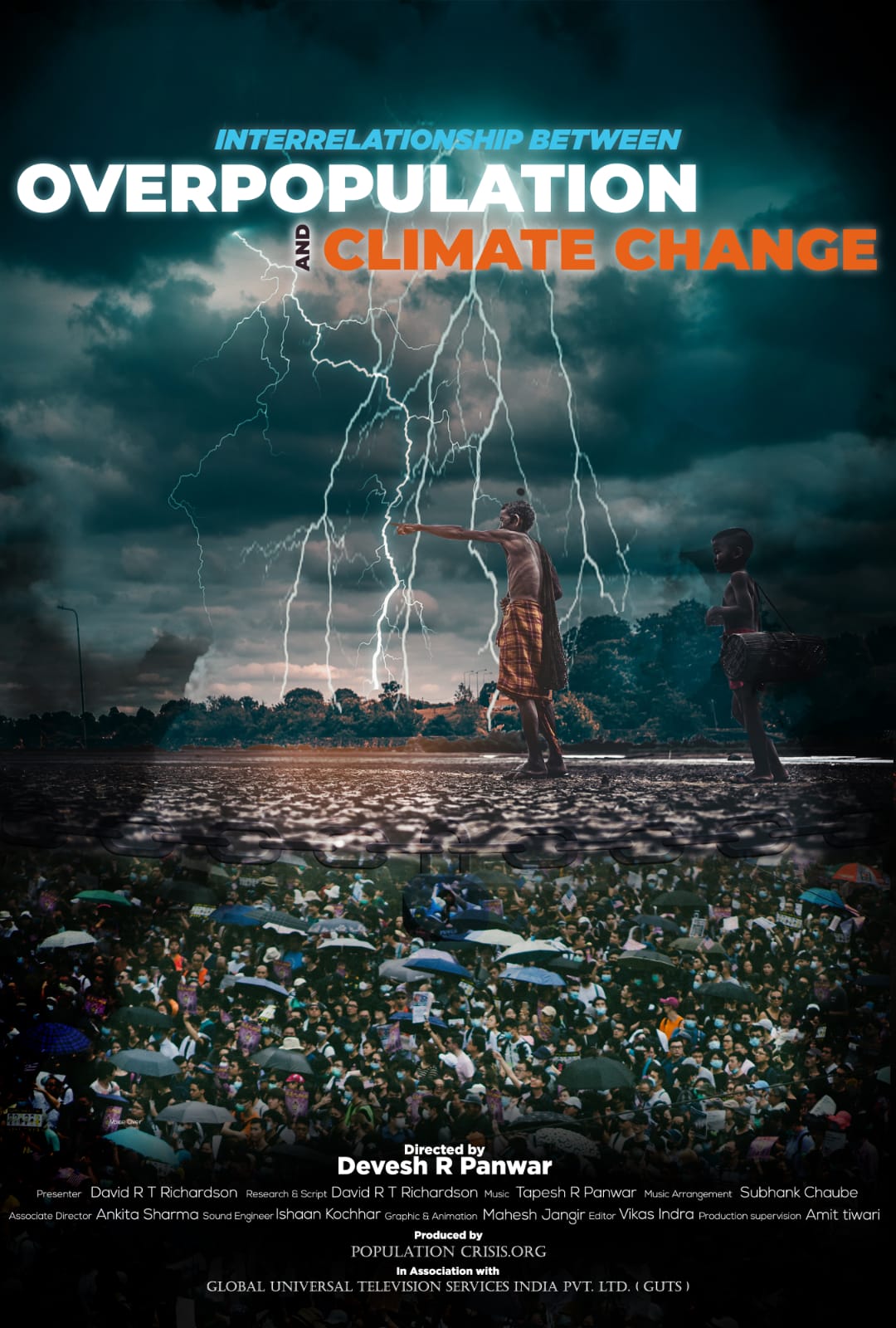COP 26
If we want to know the problem of overpopulation, then we have to know the numbers of people who can live comfortably, sustainable on this earth.
It was directly result of burning these fossil fuels that human activity becomes an impact to global weather patterns. A term which refer to today as anthropogenic climate change.
Global human population remains half of billion in number unit right up to the Middle Ages. Before we can estimate this figure we need to firstly compete the amount of resources which each one of us requires in order to survive and prospect. Data collect by the united nation can be analysis to basic annual indices.
Firstly the worlds input i.e. what earth can be generate from the sun’s energy, this known as biocapacity, and then secondly the Output i.e. what we consuming, which is termed as ecological footprint. For the earth to be a sustainable state the input must be equal or greater than the output.

We know this because if plot total biocapacity against the total global footprint over time on a graph these lines cross in early 70’s.When the world’s population was 3.7 billion. Put more simply this means we would need to at least half of our global population. in order for the earth re gain to sustainable state, and also to attempt some sort of climatic normality. If we really want to improve the outcome of this planet then scientist and concert people should become more out reply septet by encourage the politician economic symposium to except the outcome to a positive way and plan this impartiality. However it is hoped, that is science is correct then this was bring irrefutable evidence enhance pressure on government to packed.
Light Pollution
World First Reversible Male contraceptive claimed by India
After years of research, there are still only two basic forms of contraception for men. Firstly there is the condom and secondly the vasectomy. The fact that there is no convenient workable male contraceptive is all too apparent.
The numbers speak for themselves. Up to now, it has been estimated, by some sources, that globally 40% of all pregnancies are unintended. Out of this enormous number of unintended pregnancies, fifty percent may end in abortions.
However, this may be about to change. A revolutionary contraceptive that has been 42 years in the making is bringing a ray of hope. In 1979 an Indian research scientist named Dr. Sujoy Kumar Guha proposed injecting a harmless substance into the male sperm duct where it immobilizes all active sperm passing towards the seminal vesicle.
He called his technique “styrene-maleic anhydride” which is now known as the Reversible Inhibition of Sperm Under Guidance or RISUG for short.
At that time Dr. Guha was an engineer working in the field of biomedical engineering. He had to overcome formidable challenges in the early years of research and besides having already attained a Ph.D. in medical physiology, he even later had to go on and qualify as a medical doctor in order to continue his research. In 1984 he teamed up with the now head of the division of reproductive biology, and maternal and child health, Dr. Radhe Shyam Sharma, in order to further develop the RISUG technique so it could become available in the world market.

According to Dr. Sharma, this contraceptive is now 99. % effective and safe. Although the reversibility of this method has been shown to be very effective in animals its reversibility has yet to be tested in human trials. Dr. Sharma has stated that the RISUG team hopes to carry out the reversibility trials soon as possible.
